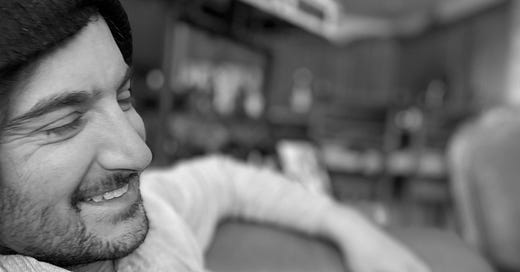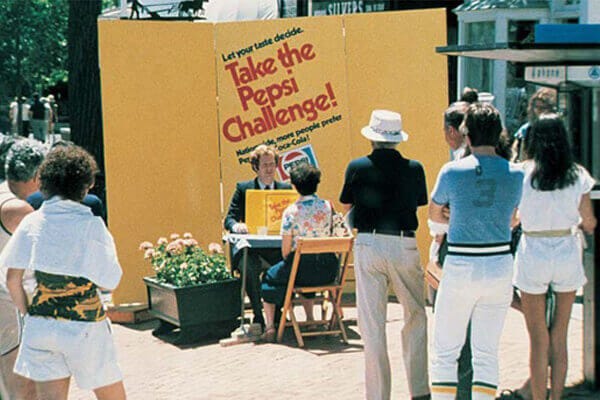I consider myself a decent cook. While I have no fancy tricks, can’t make sauces or bake, I regularly turn out good meals that don’t necessarily come out of a box / the freezer (no offense, my frozen fish stick dinners, I will always love you). So when it came to the chili cookoff last month, I thought I stood a decent chance of doing well. When they tallied the votes, however, I was shocked to place . . . dead last.
Tenth of ten, bottom of the barrel, the worst. I sulked in my chair while the judging concluded, staring down the little paper cups with those other, superior chilis spread before me. And I asked myself, where did it all go wrong?
Forgoing the nuances of competitive chili cooking technique (of which I’m clearly no authority) I think the answer is simple: context. How the situation we’re in, at any given moment, shapes our initial perception of everything around us. In other words, this is about first impressions.
We’re social animals, after all, and making snap judgements is our ancestral survival instincts kicking in—which holds true whether you’re deciding if an unknown person is friend or foe, or in matters of (literal) taste. If something tastes bitter, maybe it’s poisonous. Does a thing smell of rot? Well, then, it might make you sick.
I’m not implying that my last-place chili was bitter and/or rotten. But let’s explore what people do like, as a matter of taste, when something hits our tongue. And we might as well use one of the most famous taste tests of modern times: The Pepsi Challenge.
This was Pepsi’s major offensive against Coke in the Cola Wars of the 80’s and 90’s. In a blind taste test, participants would try a sip of each brand. More often than not, Pepsi won. This was great for marketing, obviously, even if the results were unceremoniously skewed by our natural bias for sugar. Because the “sweet tooth,” as it were, derives from our evolution as hunter-gatherers, when high-energy foods like honey were major sources of nourishment. So you can blame that unshakeable love of ice cream on instinct.
A sip test like the Pepsi Challenge, as writer Malcom Gladwell points out, tilts the scale toward the sweeter soda—even when a person would prefer the less sweet soda if drinking the entire can.
My conclusion: first impressions lie.
Other studies have shown it takes only one-tenth of a second for someone to form their first impression of another person. This isn’t simply superficial. Traits like trustworthiness, competence, likeability, aggressiveness, attractiveness are all decided in that time—a lot to consider within a few milliseconds.
I wonder how often our first impressions lead us astray from people / places / things we might actually connect with. For instance, I am generally quiet when I meet new people; I like to take in the situation, observe rather than assert myself. Sometimes people think I’m an asshole because of it. Now, I don’t think I’m an asshole (I also don’t think I’m a bad cook, though, so who knows), yet it might have cost me a few potential friendships over the years.
However, the epitome of this half-baked judgement: scrolling. Whether it’s swiping left or ripping through Instagram Reels, how much gets overlooked simply because it didn’t catch our attention in the moment?
Sometimes you need to hear / read / see things two, or three, or six times before you get it. And when this happens, you’re so often hit in a more profound and lasting way than the quick dope hit a positive first impression can deliver.
Books are like this. Sometimes they start slow, until they catch, and you literally can’t put the thing down. We’d miss that if, after a couple of pages we stopped reading. I heard a rule once about how to give books a proper chance: commit to reading the first hundred pages, minus your age. I like this; also, I think the idea applies far beyond books.
When you’re young, you have more time to see if your first impressions are right or not. And it’s worth exploring these perceptions, when you have the time, so that when you’re old you don’t have to waste it on things you surely don’t like. My grandmother wasted no time at all on things she didn’t care for, seemingly able to cut through those first impressions to what lay beneath; and she suffered no fools because of it.
If you’re stuck on surface-level perspective, your reality might be equally shallow. So go beyond—drink the whole can.
Since first impressions will always be there, though, I have one applicable note from my loss at the chili cookoff: Don’t be too spicy.
That probably goes for people, too.
-Martin






